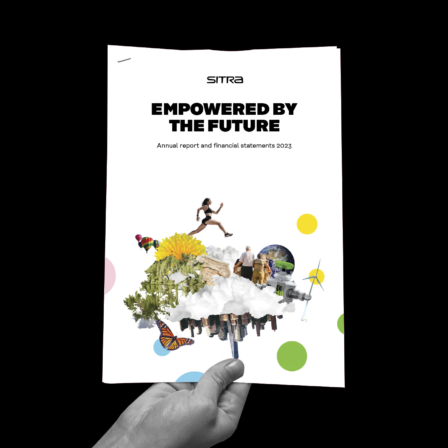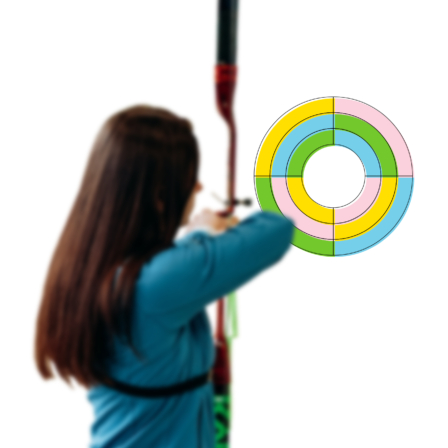We often know organisations through their history. The same applies to Sitra, which has a long and well-known history as a capital investor since the late 1980s. Sitra and its partners brought the model of venture capital investing to Finland.
In the 1990s, the capital market started to gain momentum in Finland. As a result, the role of capital investments in Sitra’s operations was reduced at the beginning of the 21st century and the focus shifted to other areas of society. As a public actor, Sitra always develops its tasks according to the needs of society.
In 2014, Sitra stopped investing in SMEs directly. The decision was based on the fact that the volume of these investments had already been relatively small at Sitra for some time. Another important reason was that other public actors, such as Tesi, Business Finland and Finnvera, had assumed a role in addressing market failures.
Since then, Sitra has continued to invest in SMEs through funds. This has been one part of the management of its invested assets since the early 1990s.
Sitra currently has investment commitments of nearly 100 million euros in funds investing in Finnish SMEs. About 36 million euros of these commitments have not been called. The funds will call this remaining capital over the next few years, for both new investments and their existing portfolio companies.
Sitra has made new domestic investment commitments at an annual rate of approximately 10 million euros. In the past few years, the funds in Sitra’s portfolio have invested, for example, in a number of companies that are interesting in terms of the coronavirus pandemic. They include the infection diagnostics device manufacturer ArcDia International; BCB Medical which specialises in the collection and analysis of medical data; HyTest, which produces antibodies and antigens and Valokuitunen, a company building fibre optic networks. Examples related to the circular economy include Sulapac, a developer of alternative packaging materials for plastic; Swappie, which specialises in the maintenance and sale of used mobile phones, and Vaipurco Holding, an operator in the construction and demolition sector (Vaihtolavacom Oy & Purkucom Oy).
Sitra’s capital under pressure in the turmoil caused by the coronavirus crisis
Coronavirus is a major threat to people’s health and, as a result, the wheels of the economy have stopped almost everywhere in the world. Likewise, the stock market, the interest market and the currency markets have reacted strongly to the crisis.
Sitra’s investments are also under pressure in the market upheavals. Their market value fell from 933 million euros to 816 million euros between January and March. The return on investments in the first quarter of 2020 was approximately –12 per cent.
Sitra’s operations are financed by return on investments, which means that Sitra does not receive any budget funding from the state. Investments therefore play an important role in its operation. However, investment trends are examined in the long term, not quarterly.
Investment markets react rapidly to changes in future prospects – and probably also will when the pandemic eventually subsides. Nevertheless, it is still unclear how we can defeat the virus and how long the negative impact of the coronavirus crisis will be on the real economy and, consequently, on the investment markets.



















Recommended
Have some more.